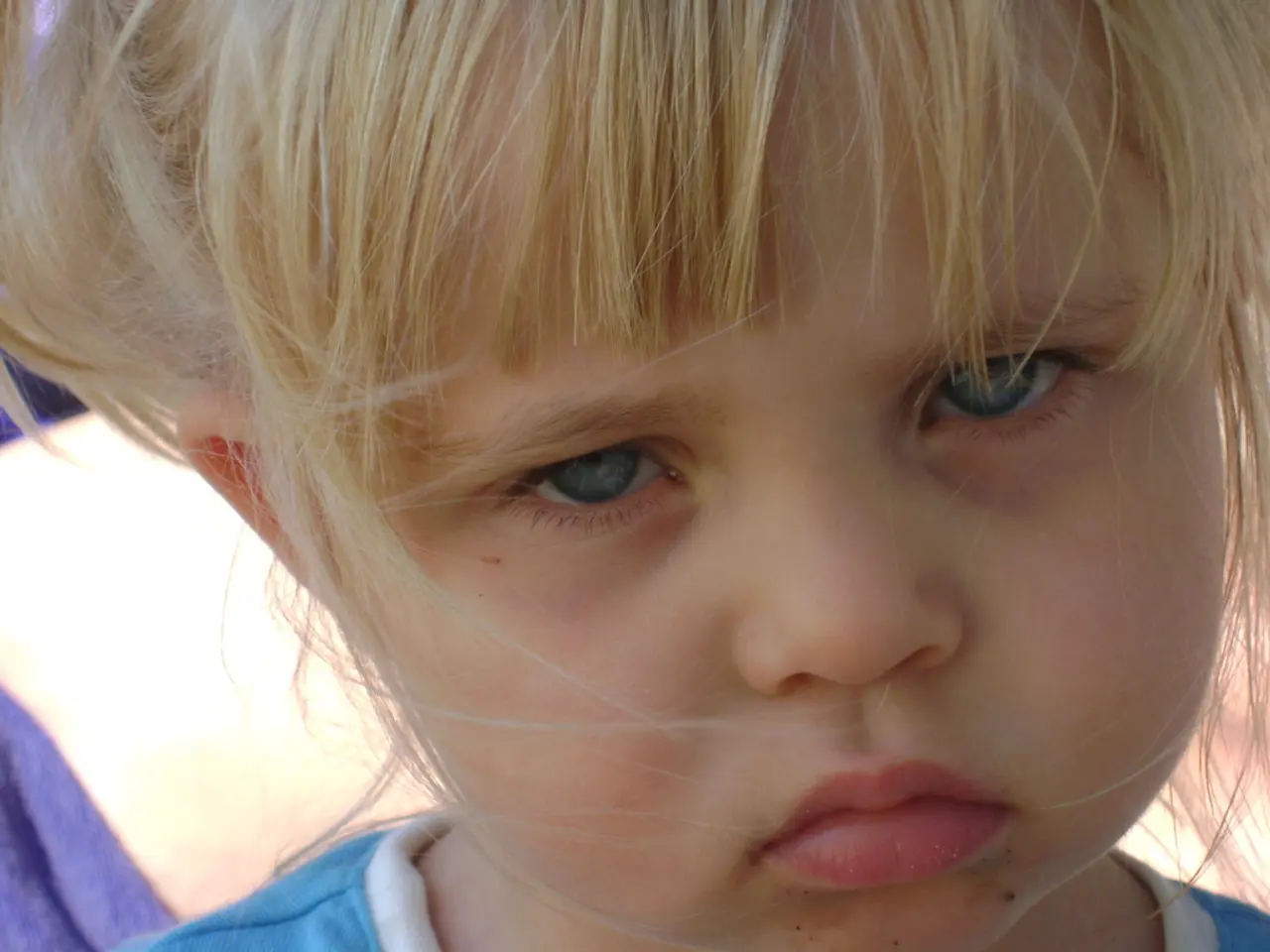Impact of OCD on Parenting Abilities Examined
Parenting can be a challenging task for anyone, but when combined with Obsessive-Compulsive Disorder (OCD), it can feel like an uphill battle. However, with the right support and strategies, it's possible to enjoy the experience and provide a safe and healthy environment for your children.
OCD involves symptoms of obsessions and compulsions. Obsessions are recurring and distressing intrusive thoughts or images, while compulsions are rituals you engage in to make the obsessions go away or to reduce the distress caused by intrusive thoughts.
For parents with OCD, common themes might include contamination OCD, harm OCD, and scrupulosity OCD. For instance, harm OCD might cause parents to fear they might hurt their children in any way, intensifying stress and symptoms. Postpartum OCD can manifest in symptoms such as obsessive fears of harming the baby, accidentally dropping or forgetting the baby, or the baby dying of sudden infant death syndrome (SIDS) or another condition. Compulsions associated with postpartum OCD may include repeatedly checking that the baby is still breathing, asking doctors and loved ones to reassure you that the baby is OK, and avoiding behavior you deem potentially harmful.
Managing OCD symptoms can be aided by taking care of foundational needs like getting optimal sleep, not skipping meals, staying hydrated, managing stress, and practicing relaxation techniques. Stress and a lack of sleep can exacerbate OCD symptoms, so prioritising these aspects is crucial.
Talk therapy is one of the most effective OCD treatments and is often used in conjunction with exposure and response prevention (ERP), a type of cognitive behavioral therapy (CBT). ERP helps parents confront triggers without performing compulsions, while cognitive reappraisal, self-compassion exercises, and strategies to reduce family accommodation behaviours that inadvertently maintain symptoms support symptom control and parental role functioning.
The International OCD Foundation (IOCDF) offers a list of in-person and online OCD support groups for those seeking help. Remember, asking for help from loved ones or mental health professionals can help manage OCD symptoms and provide support.
It's important to note that OCD can affect many aspects of your life, including your relationships and career, and it might sometimes make parenting more challenging. However, with the right support and strategies, it's possible to overcome these challenges and enjoy a fulfilling parenting experience.
Lastly, it's worth mentioning that many people with OCD have children who never develop the condition. Engaging in enjoyable activities like physical activity, meditation, creative hobbies, or journaling can help manage OCD symptoms and reduce distress.
In conclusion, while parenting with OCD can be challenging, it's possible to navigate this journey with the right support, strategies, and self-care. If you or someone you know is struggling with OCD, remember that help is available, and it's essential to seek it.
Read also:
- Understanding Hemorrhagic Gastroenteritis: Key Facts
- Stopping Osteoporosis Treatment: Timeline Considerations
- Tobacco industry's suggested changes on a legislative modification are disregarded by health journalists
- Expanded Community Health Involvement by CK Birla Hospitals, Jaipur, Maintained Through Consistent Outreach Programs Across Rajasthan








